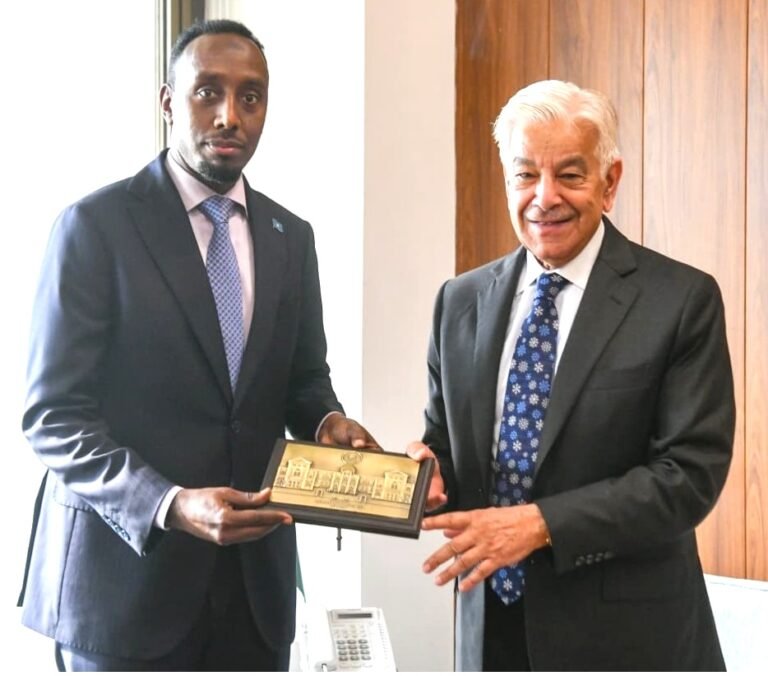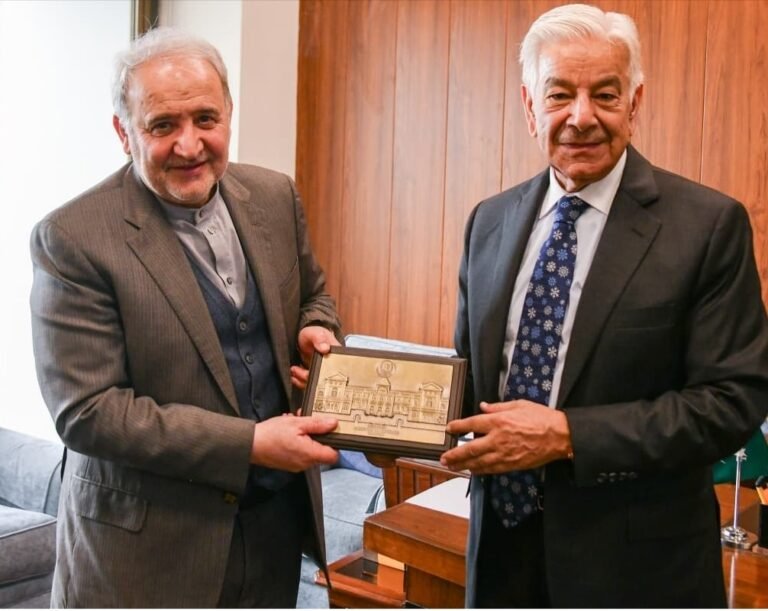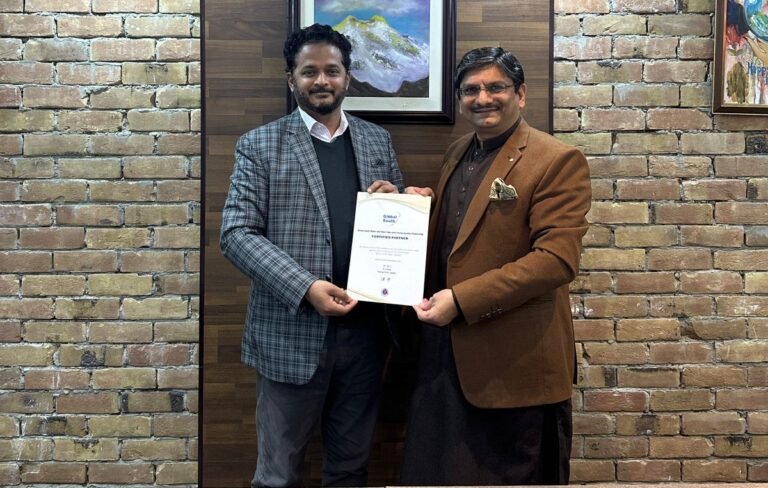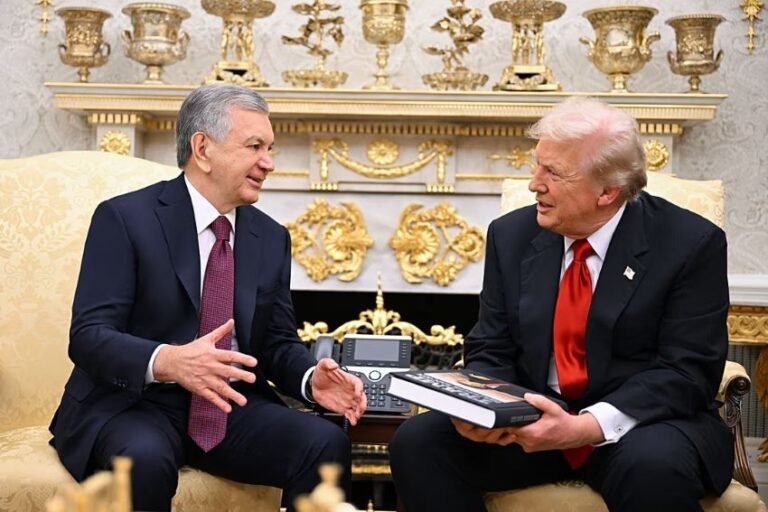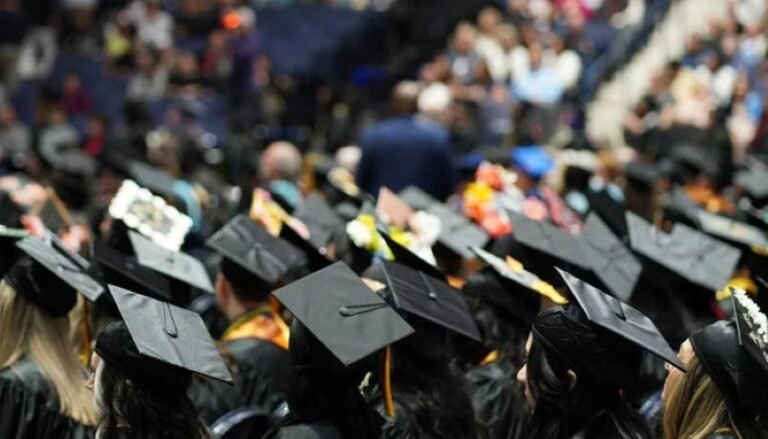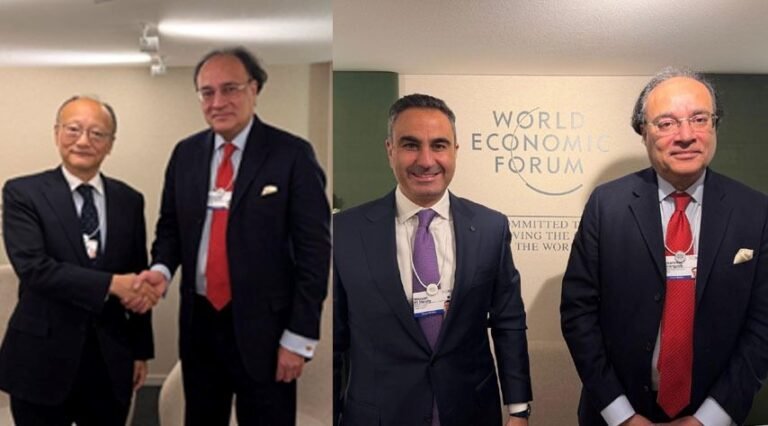Shaikh Moazzam Khan
Over 10 years ago, information and communications technologies changed the world dramatically. Media technologies, particularly social media, have changed people-to-people interactions, ways of communicating, and social and political discussions.
The media has a role in providing information to the public on political events, engaging its users, and encouraging them to get involved in political activities.
Also, online political activities are useful and encourage the participation of young people in political events, that’s why social media plays an increasing role in the dissemination of political information.
In contrast, it also threatens under-developed democracies such as Pakistan. In Pakistan, political parties and politicians have social media accounts to disseminate information to their followers whose number can range from hundreds to millions.
There were times when information was limited to the big cities as the media, especially private media, was easy to excess in cities.
With the changing times, the internet becomes a sole source of information and further, the up-gradation of internet services, like 3g to 4g, has changed the whole scenario.
It can be supported by the fact that there are areas with no basic facilities such as electricity, fresh water, hospitals, etc but at the same time having 4G internet services.
So, dissemination of information to the public is no more an issue. The only question remains how best you can present and convince?
Over the years’ youth remained the substantial target of politicians due to their larger number in the population. The other reason for targeting youth is the lack of awareness of social media among the older generations.
Social media is, without a doubt, the greatest source of information for billions. But it is not a hidden fact that the circulation of false news, disinformation, and manipulation of facts and public opinion on social media becomes a major cause of many incidents.
The aforementioned effects of social media on political activism are significant in evaluating political dynamics. The Internet encourages its users toward politics and strengthens offline political participation.
This, in return, shows the double effect of the Internet on information and participation in politics. Although the number of social media users in Pakistan is comparatively smaller than in developed countries, users are increasing with time.
Social media provides an opportunity and it has become a voice of each and every individual of the nation where multifaceted issues in Pakistani society has highlighted.
One such issue remains the lack of information and participation in the electoral system among the people of Pakistan. Over the years, through social media, people were encouraged to participate in elections, for better outcomes of the electoral process.
Social media has created new tendencies in political participation and changed the ways in which political communication takes place in Pakistan.
Online political activities have an important impact on political effectiveness. Respondents actively provide online political content to friends, family, and colleagues, keeping themselves active in running the political system.
It becomes more convenient as most respondents remain in contact with members of the National Assembly and Provincial Assembly.
Additionally, respondents keep themselves up to date by frequently visiting political websites, blogs, vlogs, online channels, and social of local leaders, politicians, influential people, media personalities, and political workers.
The main concern remains, how to regulate social media in order to increase positive outcomes? Online social media platforms have an important influence on people from all walks of life.
Online media plays an important role in political effectiveness and effective participation, which is why political activities have a meaningful relationship with political effectiveness in Pakistan.
This political effectiveness can be enhanced through the positive use of social media as political activities anywhere or on any platform have an important relation with real political participation.
To a certain extent, social media contributes to increasing political awareness in Pakistan. There is hostile and unfavorable evidence that people are not as familiar with social media as they should be, keeping in view the national interest.
In this regard, youth in Pakistan remains a prime concern. Public institutions and regulatory bodies should be invited to publish content on social media to educate young people.
Young people have a right to engage themselves in politics via any forum and social media is one such platform that not only connects with the modern world and trends but it is also a source to be an active part in the political environment of the country.
In this matter, the government can educate people by sharing quality content through which any individual should know how they can become part of developing the country.
It is not only for the youth to understand but every individual needs to be educated on the right and positive usage of social media platforms. In a way that the freedom of speech of any individual remains but never damages the national interest of the country.
Electronic media is losing credibility, particularly in less democratic countries, due to biased reporting, and biased analysis.
Media is compromising on factuality and fairness, and media in less developed countries like Pakistan is less credible, so the role of social media in Pakistani politics has serious implications.
*The writer is a freelancer.
**The Diplomatic Insight does not take any position on issues and the views represented herein are those of the author(s) and do not necessarily reflect the views of The Diplomatic Insight and its staff.
Established in December 2008, The Diplomatic Insight is Pakistan’s premier diplomacy and foreign affairs magazine, available in both digital and print formats.



